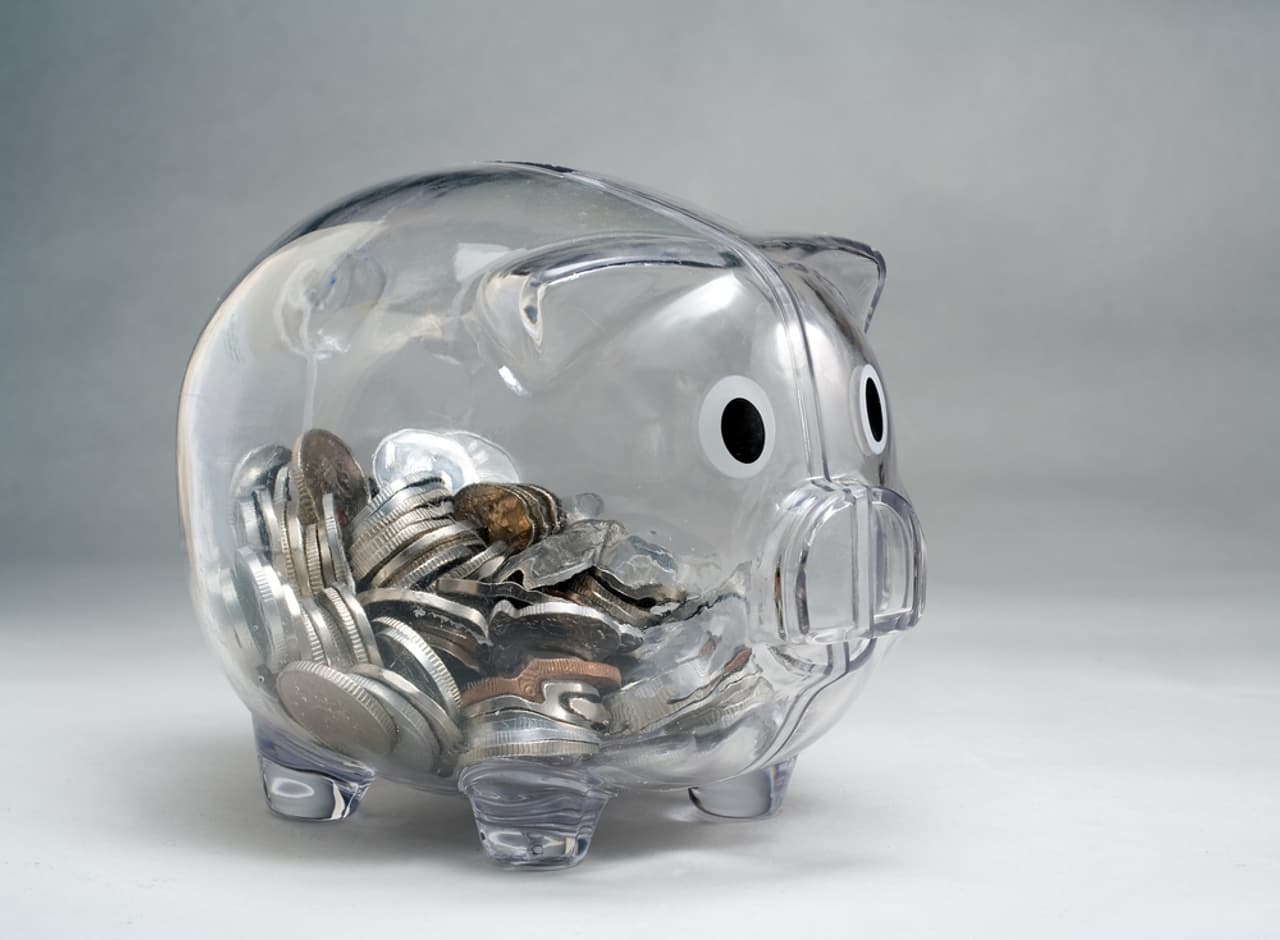
Financial institutions least transparent, says new report
If only all banks were so transparent (Image provided by shutterstock.com)
Banks and insurers are severely under-performing when it comes to transparency, according to a report from anti-corruption NGO Transparency International.
‘Transparency in Corporate Reporting: Assessing the World’s Largest Companies’, published today, examines the policies of the 105 largest, publicly-traded companies around the world.
Notably, the 24 financial companies included in the report, were the ones that did particularly badly in terms of transparency.
Researchers used information from each company’s website, assessing the availability of information on anti-corruption systems, transparency in reporting, country-by-country reporting, financial information and company structure. Using this information they awarded a score between 0 and 10, with 0 being the least transparent.
Financial institutions scored a very low 2.3 on Transparency International’s country-by-country reporting.
13 of the 24 financial institutions disclosed no information at all on a country-by-county basis, and six disclosed almost nothing.
Banks also scored badly on reporting on their anti-corruption policies, compared to the other industry groups.
In addition, only five of the 24 financial institutions looked at reported that they prohibit facilitation payments – payments to a foreign official to facilitate transactions. The line behind payments and bribery is blurry and any kind of facilitation payment is banned in the UK under the Bribery Act.
Amongst the 24 financial institutions assessed by the NGO is UK bank Barclays. The bank, which scored 4.0 overall, has recently been at the centre of the Libor rate-fixing scandal. They are ranked 71st out of the 105 companies.
Chair of Transparency International, Huguette Labelle linked the findings of the report to the current economic downturn. ”As the world continues to recover from the deep economic pain of 2008, the leadership at more companies must commit to stopping corruption’, he said in a press release.
The report gives added weight to the Bureau’s investigation into the size and scale of the financial lobby, also published today.
Related article- Revealed: The £93m City lobby machine
A trillion dollars worth of opaque industry
The Transparency International report also looked at the policies of energy, technology, healthcare and telecommunications companies, among others.
The 105 companies included in the report are worth more than $11 trillion and are present in over 200 countries.
However, their presence could stretch even further. Three quarters of the companies assessed by Transparency International do not disclose where all their subsidiaries are registered. Most companies will disclose fully-owned subsidiaries, but affiliates, joint ventures and other holdings are rarely listed. Most large multi-national companies are made up of a complex web of interconnected companies and holdings. Without clear reporting this makes tracking profits difficult and calculating tax issues near impossible.
Researchers also found that around half of the companies in the study did not disclose political contributions.
Related article- Analysis: Political donations by companies hit shareholder returns
The report was not without some positive signs, however. Many companies are showing an improvement in reporting on their anti-corruption programmes. 97 of the 105 companies publicly commit to complying with all relevant laws.
The report notes that transparency does not necessarily equal good practice, but it can be a vital tool in allowing outsiders to hold companies to account.
How did they score?
Norwegian oil and gas producers Statoil scored the highest in Transparency International’s chart, followed closely by mining giant Rio Tinto. According to the report Statoil discloses significant information about its anti-corruption programmes, subsidiaries, taxes and profits. It operates in 37 countries.
Lower down the register comes Russian gas-giants Gazprom. They scored just 2.8. Questions have been raised in the past about Gazprom’s contracts and share holders, and its connection to Russian President Vladimir Putin.
Read more about Gazprom and Putin here.
Online retail giant Amazon.com is also awarded just 2.8 out of 10 for transparency.
Bank of China is scored as the least transparent company.




